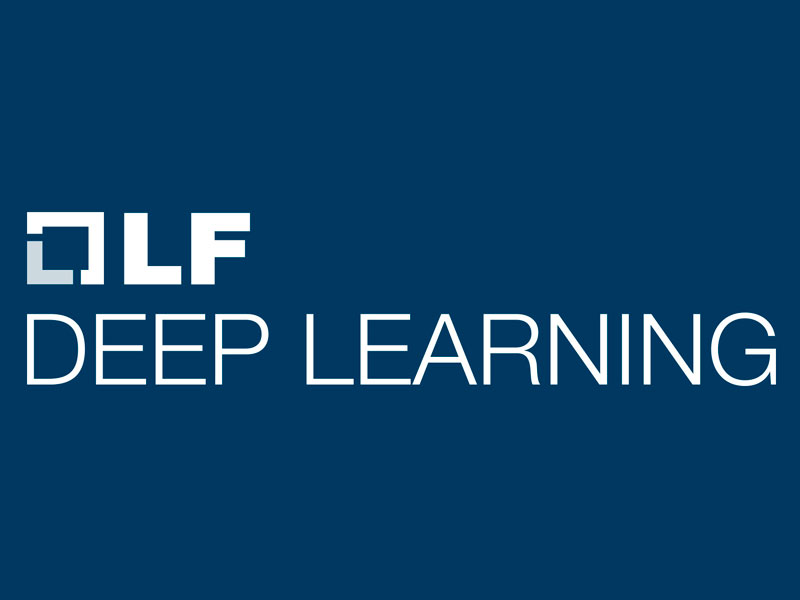The founding members of this organization are Amdocs, AT&T, B.Yond, Baidu, Huawei, Nokia, Tech Mahindra, Tencent, Univa, and ZTE. These companies are already working to create a neutral space where developers and maintainers of tools and infrastructures can exchange experiences and work collaboratively to accelerate the adoption of Deep Learning technologies.
“As part of LF Deep Learning we have launched Acumos AI Project, a comprehensive platform for the discovery, development and exchange of artificial intelligence models,” said Jim Zemlin, executive director of The Linux Foundation.
Other projects that are included within the new organization are EDL from Baidu to improve the clusters of Kubernetes, or the project Tencent’s Angel, a platform of high performance automatic learning optimized for Big Data developed by Tencent and the University of Pekin.
For more information see the official press release.







0 Comments